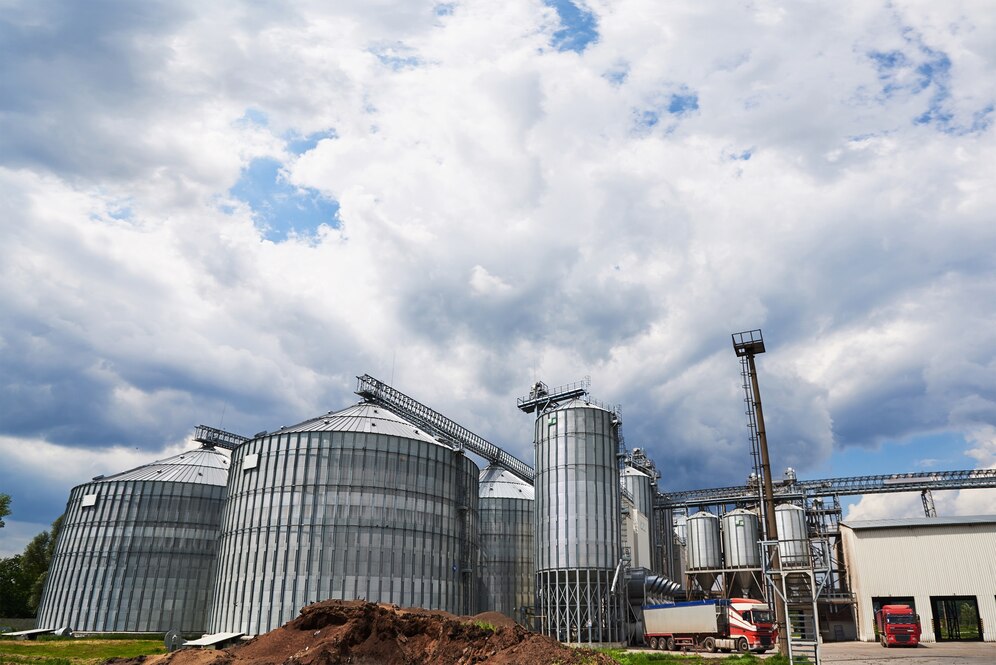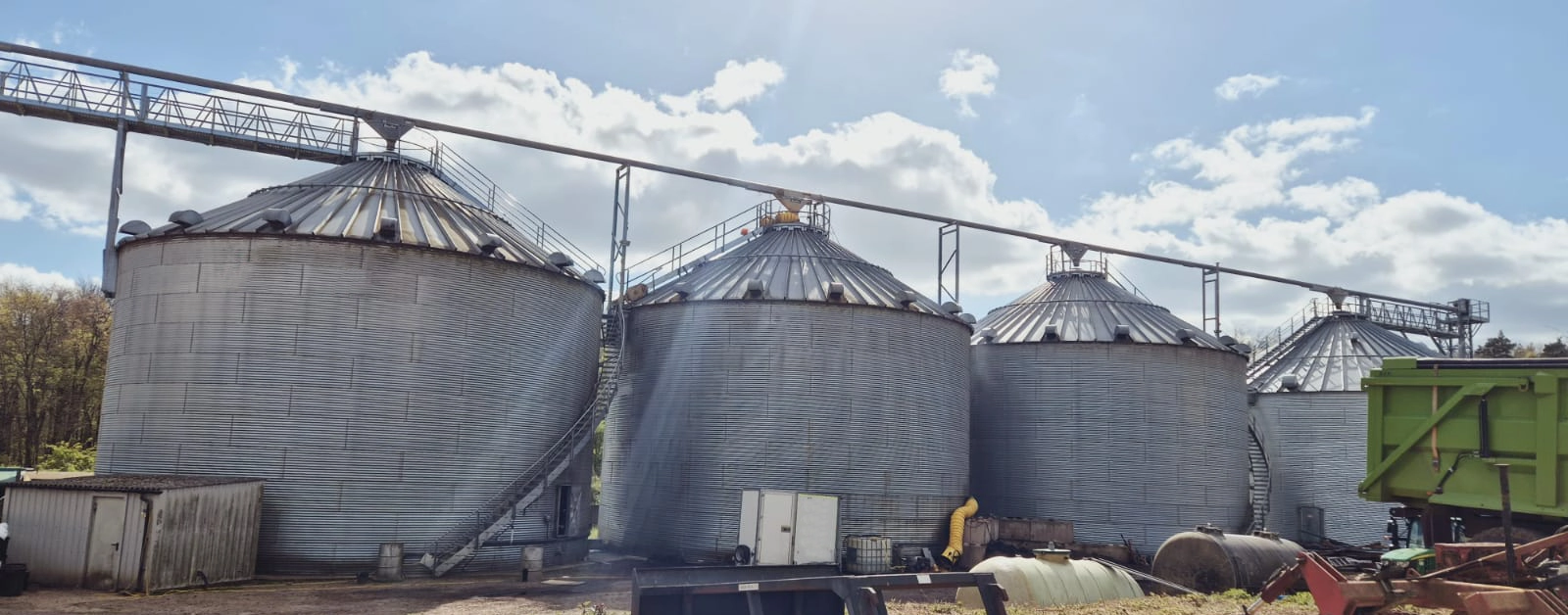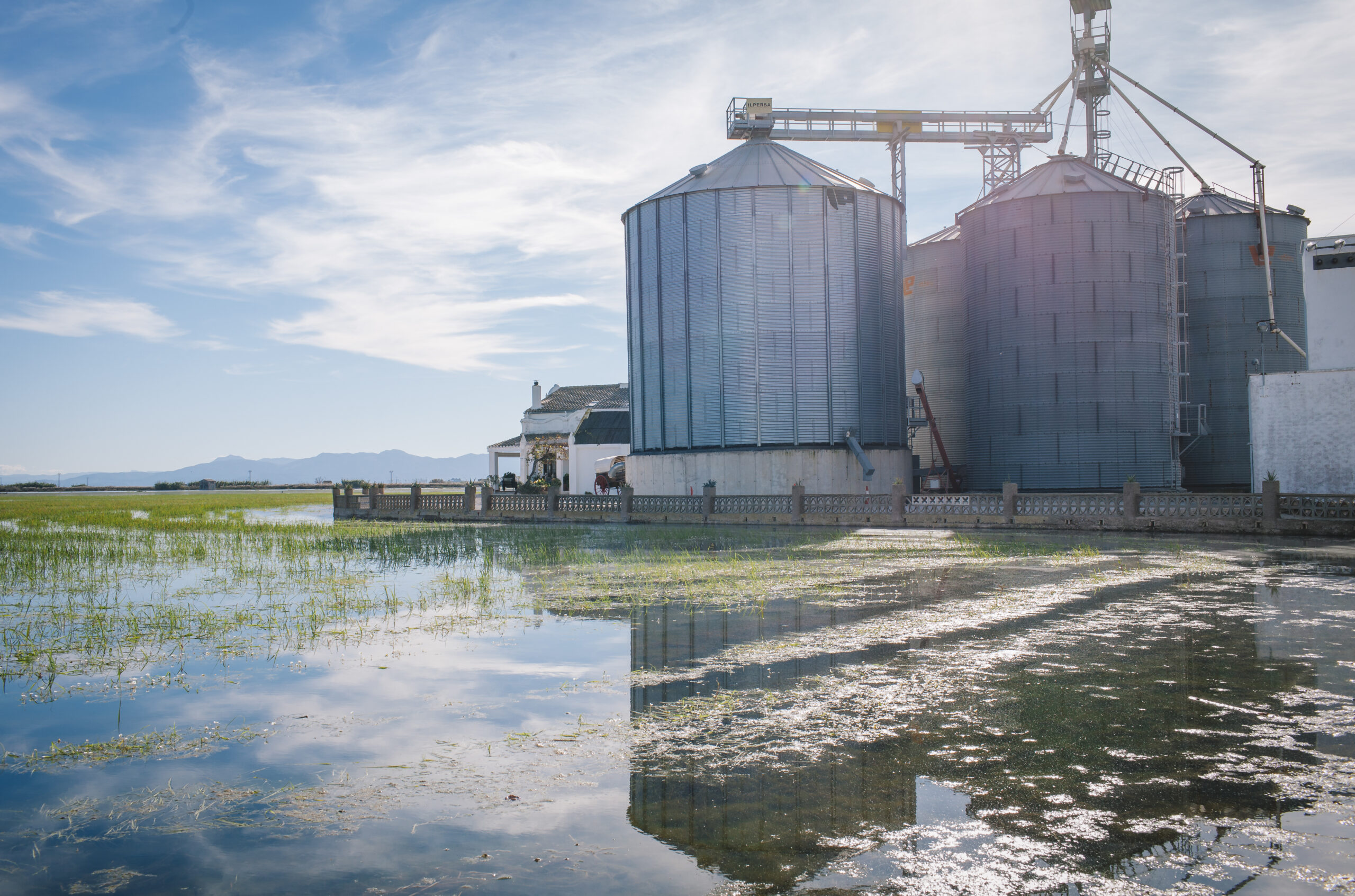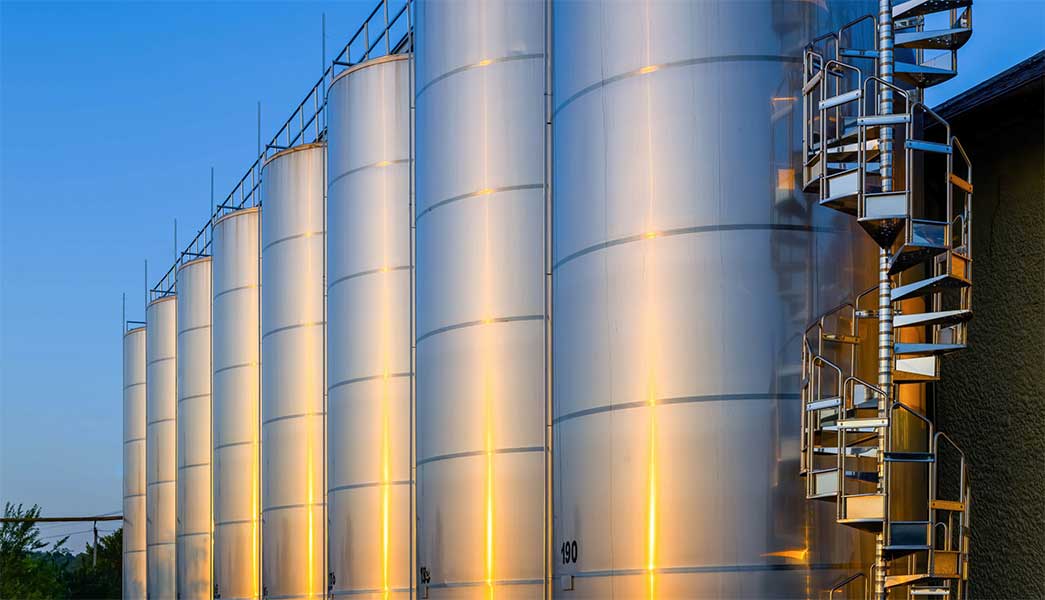In order to comply with the Food Standards Act 1999, it’s vital that all food and drink businesses fully understand how to adhere to the regulations implemented by the legislation.
What is the Food Standards Act 1999?
Enshrined in law for more than 2 decades, the Food Standards Act gained Royal Assent in 1999 and since then has been used to ensure businesses in the food and drink industry uphold the rules and regulations implemented by the legislation.
The framework outlines a series of rules and regulations that relate to various stages of the supply chain and also details who and how the regulations are enforced.
All types of food and drink businesses bear the following responsibilities under the Food Standards Act 1999:
- Ensure you do not include anything in food, remove anything, or treat food in any way that means it would be damaging to the health of people eating it
- Ensure that food served or sold is of the nature, substance or quality that consumers would expect
- Ensure that the food is labelled, advertised and presented in a way that is not false or misleading
What Does the Food Standards Agency Do?
The Food Standards Agency (FSA) works in conjunction with local authorities across the country to ensure that food safety laws are followed across England, Wales and Northern Ireland. The independent government department was founded in the year 2000, and safeguards wider consumer interests, as well public health in respect to food. A significant part of their role involves scrutinising and assessing areas such as food safety, hygiene, pricing, availability and more.
The FSA Board consists of appointed individuals and is currently chaired by Professor Susan Jebb. For transparency, all of their Board meetings are available to watch by the public.
Who is Responsible for Enforcing Food Legislation?
Local governments are in charge of implementing food safety laws and have the authority to inspect any food and beverage business at both the manufacture and distribution stage.
As previously mentioned, the FSA works closely with local authorities to ensure that regulations are adhered to and food standard adherence is measured and maintained to a certain level.
What is the Main Aim of the Food Safety Act?
The UK Food Standards Act 1999 was introduced to predominantly initiate the establishment of the Food Standards Agency. As a result of the legislation the FSA has considerable functions and powers that can be assigned to other sectors of food safety and standards under other statutes.
Food Standards Compliance with ACS Cleaning
Making sure your business adheres to the Food Standards 1999 Act isn’t always straight forward. ACS Cleaning can minimise your operation worries by ensuring your business is compliant thanks to our food hygiene services.
To speak to one of our experts, call 01254 693131 or alternatively, contact us online.




